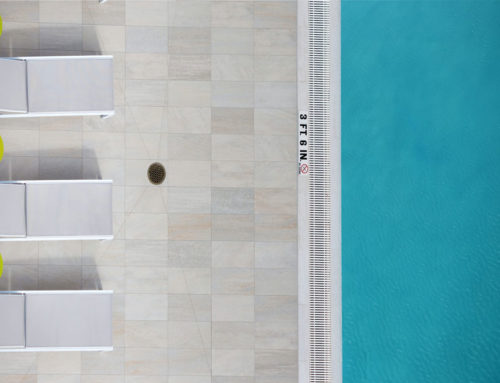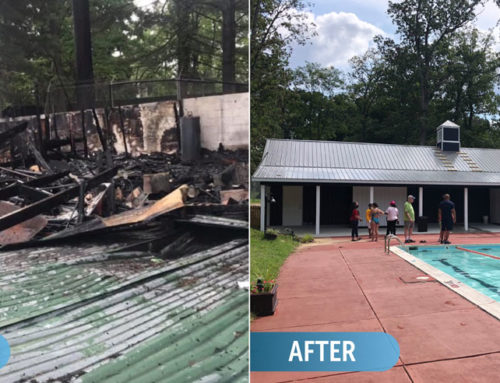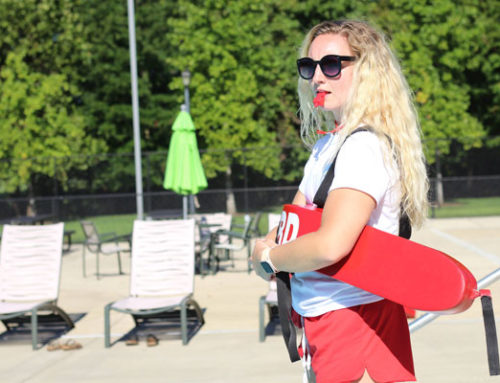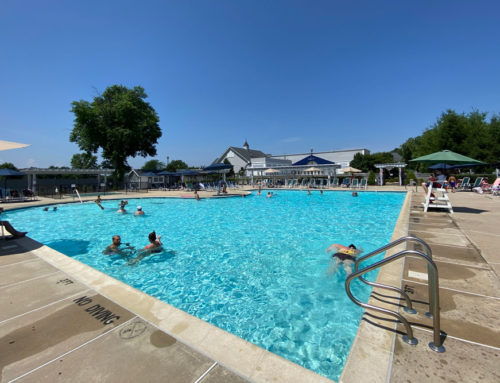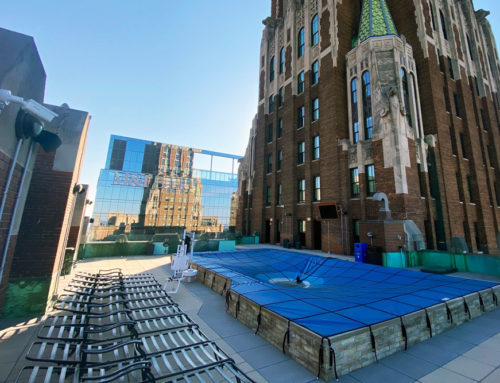As commercial pool management services know, Maryland made national news earlier this year with its state-wide implementation of Connor’s law in several major counties, which requires all public and semi-public pools to have automated external defibrillators (AEDs). The regulation was pursued by parents of a five-year-old boy who passed away after drowning at a country club pool where the lifeguard who dialed 911 was untrained to use the device. In another event just a week ago in November, the insurance company for the city of Billings, Montana paid $900,000 to the family of a 41-year-old man who passed away after a having a heart attack at a municipal pool. Even though AEDs were not required by law in this county, the lawsuit accused the city’s pool management of negligence for not having an AED on-site.
Acknowledging the importance of AEDs
AEDs are devices used to analyze a heart’s rhythm and can deliver an electrical shock, if necessary. According to the Red Cross, over 350,000 individuals will go into sudden cardiac arrest this year. It is stated the chance of survival decreases by roughly 10% for every minute that defibrillation is delayed. It is also noted that it takes first responders approximately 8-12 minutes to arrive after 911 is dialed.
Red Cross lifeguard certification requires AED training. These life-saving devices are becoming more essential to pool safety. As shown in the Billings case, not having one on a commercial pool premises can be a liability should any drowning or heart-related incidents occur. It is always the hope that an AED will never have to be used, but its presence will not only be a safety precaution, it will provide peace of mind for swimmers and help ensure that pool services are not cited for negligence.
Leasing an AED
Some Maryland counties require all public and semi-public pools to have AEDs on premises and for pool staff to be trained on its use. Furthermore, they require an AED coordinator when the pool is in season and regularly scheduled maintenance for the device.
Doing this on your own can be complicated, so there are options to lease an AED with a full maintenance program. AED leasing can be done through your pool management company. A pool in Billings, Montana now requires the presence of an on-site AED. These instances show that tragic losses that led to the requirements of the devices may have been prevented if a unit had been readily available and if a staff member had known how to use it.
The growing importance of AEDs at pools shows that investing in a unit regardless of legislation may be a good idea. Remember that the device must comply with regulations and needs to be properly maintained. Consider leasing or purchasing an AED for the sake of safety, to ease concerns and better protect your swimmers.

